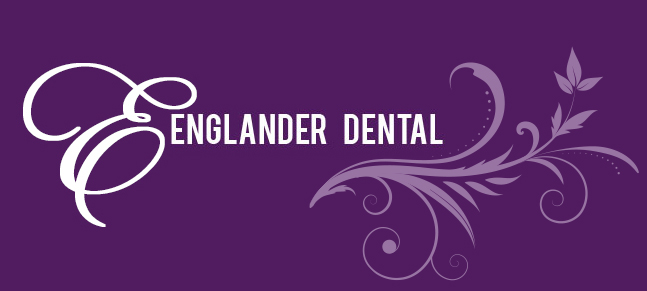We want your experience at Englander Dental to be positive and satisfying. From your very first phone call, our goal is to provide the very best care and service for you and your family. We take pride in caring for the dental needs of Edina families!

Scheduling Your Next Visit

Need To Reschedule Your Appointment?

Emergency Dental Care

Don’t See An Answer To Your Question?
A member of our friendly team would be happy to help. Please call us at (612) 926-2100 .
Are You New To Our Office?
Well, welcome! Please visit our New Patients page for a proper welcome!






